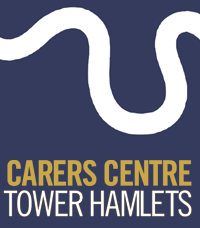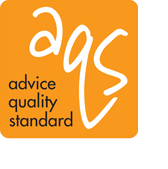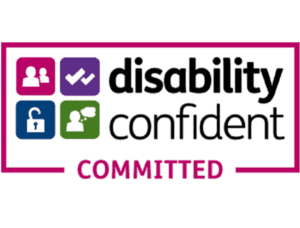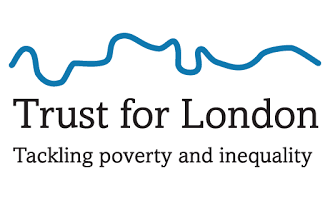Hello Everyone – Feeling guilty about looking after yourself.
As you know I collect my Dad and we visit my Mum every Saturday when possible. This Saturday I woke up with a migraine, exhausted and feeling low, I spent 20 minutes beating myself up with shall I go or should I ring my dad and explain I wasn’t feeling very well? My husband said, you tell me all the time to listen to your body and do what is right for you. He was right of course, well because I say it LOL but it is true.
I rang my Dad and he was fine, my sister dropped him off, apparently the nursing staff let him in through a side door,. instead of the long walk round from the care park and he got an Uber home. He rang me to check on my health and most wonderfully my Mum rang me to see how I was doing, we had a chat about our health, we had a laugh at our lack of patience and we talked about my Dad’s upcoming Birthday. I have sorted a card and present from my Mum to him and will get her to sign at my next visit.
What struck me was how guilty I felt looking after myself, feeling I was letting everyone down. I did sleep a lot, spent quality time at home and for the first time in a while, have a whole weekend without driving, shopping, cleaning and providing emotional support to my family. Unfortunately, I have woken up with my dodgy toe all swollen and have just spent 50 minutes getting to through to the GP’s, I am now waiting for a triage call to determine if I can get an appointment, where I will ask for another does but this time stronger antibiotics.
I really need to sort my health out for many reasons, work, myself and ageing well and also so that I can continue my caring role.
Notice the guilt and take a moment to think about what it’s telling you to do. Ask yourself, “Have I done anything wrong?” If the answer is no, remind yourself that guilt is an important function that helps us make amends when we’ve done something wrong. Since we haven’t done anything wrong, there’s nothing to fix here.
As you know carers do tend to ignore their own health and this presents long term issues that have a knock on effect. The Carers Academy cannot solve all our problems but it goes a long way to redress health issues that help carers maintain better physical and emotional wellbeing.
Did you know having a massage, attending Counselling, Yoga, and Creative learning could help: Of course we have many more activities and workshops so check our calendar and join a group.
- Reducing stress and increasing relaxation.
- Reducing pain and muscle soreness and tension.
- Improving circulation, energy and alertness.
- Lowering heart rate and blood pressure.
- Improving immune function.
- A good therapist can help you move forward.
- Counselling gives you time and space to work through your problems.
- Therapy helps you gain a different perspective on problems and issues.
- Therapy provides a safe, non-judgemental and respectful environment.
Key benefits of yoga
- Yoga improves strength, balance and flexibility. …
- Yoga helps with back pain relief. …
- Yoga can ease arthritis symptoms. …
- Yoga benefits heart health. …
- Yoga relaxes you, to help you sleep better.
- Increases happiness. Let’s start with flow – the state that you get into when you’re completely absorbed in something. …
- Improves mood and mental health. …
- Increases brain function.
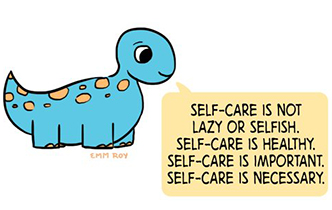
Mental health: the 4 key factors that shape our wellbeing, according to psychologists.
New research has unveiled four key statements that can help us understand what ‘wellbeing’ really means.
click link to read an interesting article – https://www.stylist.co.uk/fitness-health/wellbeing/wellness-definition-psychology/662764
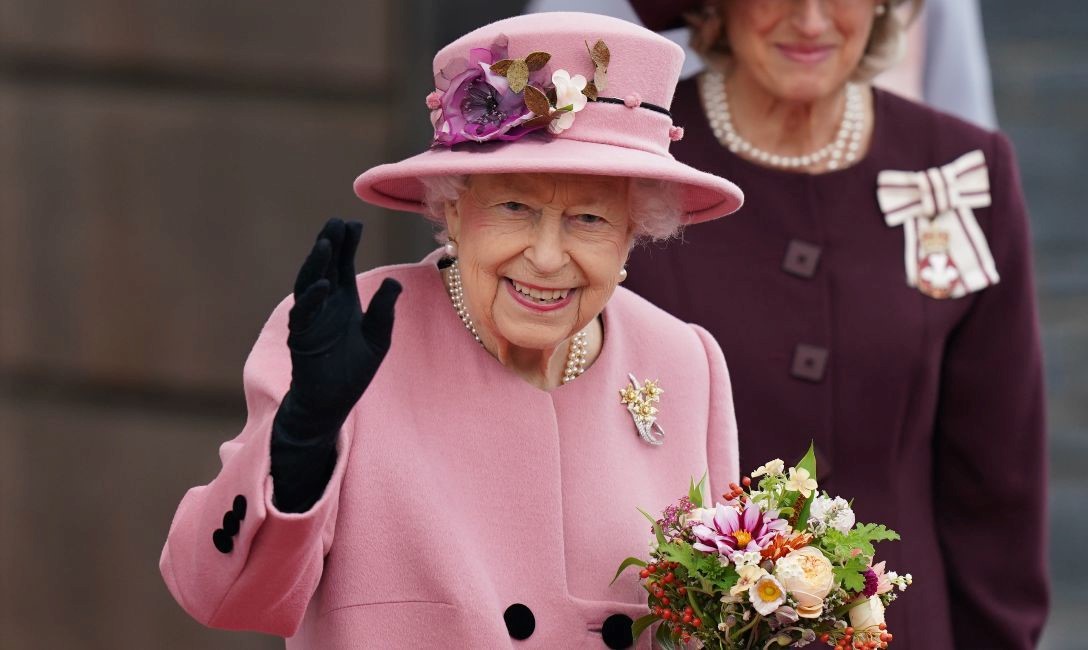
Jubilee joy
Neighbourhoods, streets and communities across the borough are preparing to join in celebrations to mark the Queen’s Platinum Jubilee. The council has approved 17 applications for street parties and given permission for nine park events to take place over the special four-day bank holiday weekend from 2 to 5 June.
In addition, 25 funding awards have been granted from a Jubilee Celebration Events Fund, managed by the East End Communities Foundation to organisations holding events and street parties.
Find out more >

Freeman of Tower Hamlets, Abdul Gaffar Chowdhury, dies
Bangladeshi-born writer, journalist and Freeman of Tower Hamlets, Abdul Gaffar Choudhury, has died.
Arguably best known for writing the lyrics to “Amar Bhaier Rôkte Rangano” – a widely celebrated song which marks the Bengali Language Movement, Mr Choudhury, who passed away in hospital yesterday, also wrote more than 35 books and received numerous awards for his work.
He was awarded the Freedom of Tower Hamlets on 15 December 1999.

New Ethnic Minority Trustees programme
Volunteer Centre Tower Hamlets are running a new Minority Ethnic Trustees (METs) programme which will train and support Tower Hamlets residents from minority ethnic communities to become potential charity trustees. After training, volunteers are introduced to local charities that want to strengthen and diversify their Boards of Trustees.
The programme is a chance to get your voice heard, share your skills and lived experience, and ensure that all communities in Tower Hamlets are better represented on charity boards. METs is currently open to Tower Hamlets residents, over 18, who are from a minority ethnic community. The deadline for applications is Thursday 2 June.
Register here >
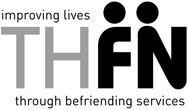
BEFRIENDER – Bangladeshi Elders
We are an older people’s charity, providing support to lonely and isolated older people in Tower Hamlets for 75 years.
We are looking to recruit a Bangladeshi speaker with a good understanding of Bangladeshi Elders, to visit and support older men and women in the borough, increasing their confidence, their mental well-being and keeping them independent for longer. We are particularly interested in recruiting a Bangladeshi woman as we currently have a waiting list of women from this community.
Fluency in Sylheti/Bangladeshi as well as excellent spoken and written English is essential. Must be IT literate and have experience of working with Microsoft packages.
For more information about the role and how to apply please email admin@thfn.org.uk and you will be sent out an application pack.
Closing date for applications is 14th June 2022
Come and join us at this wonderful event
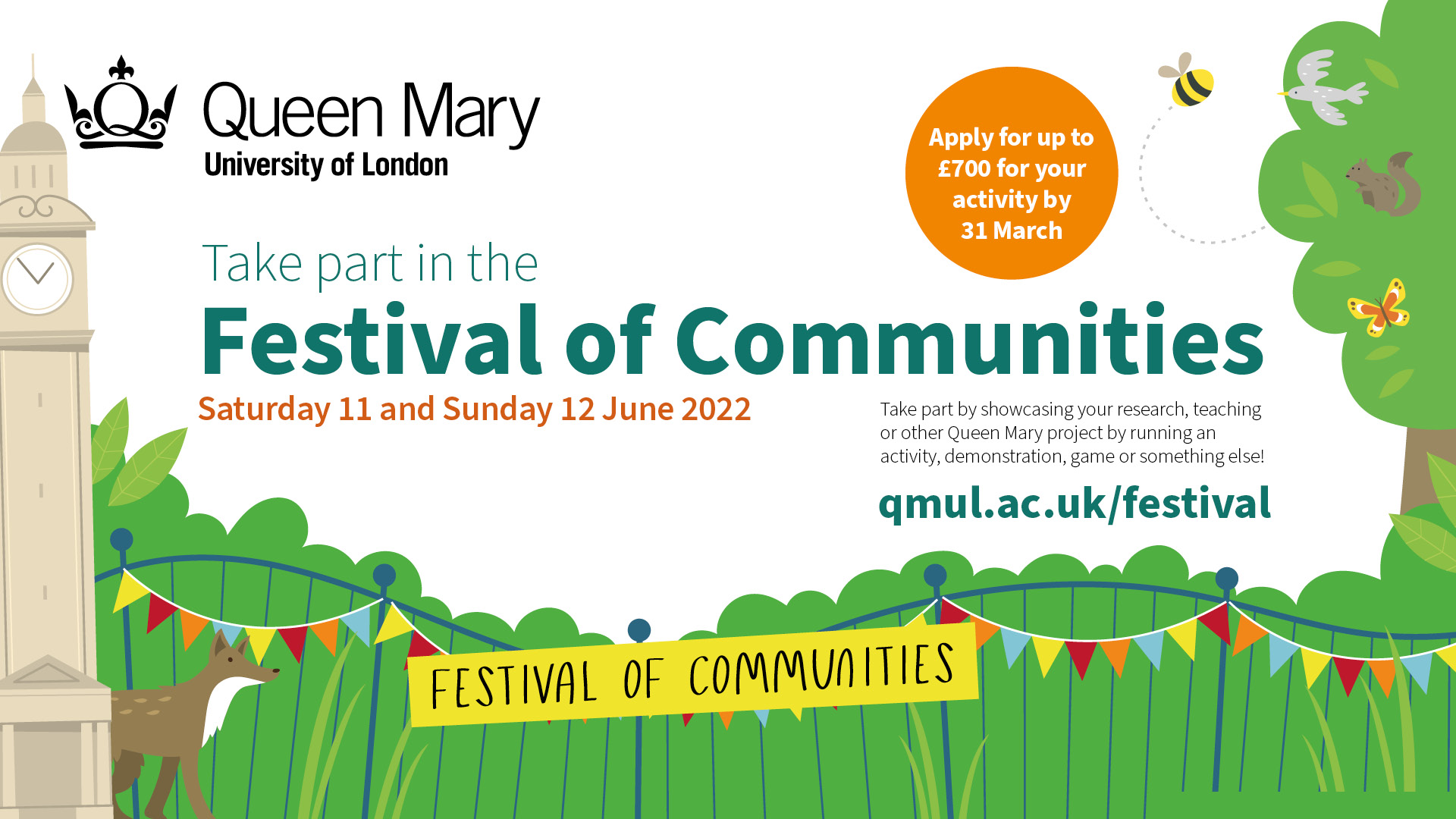
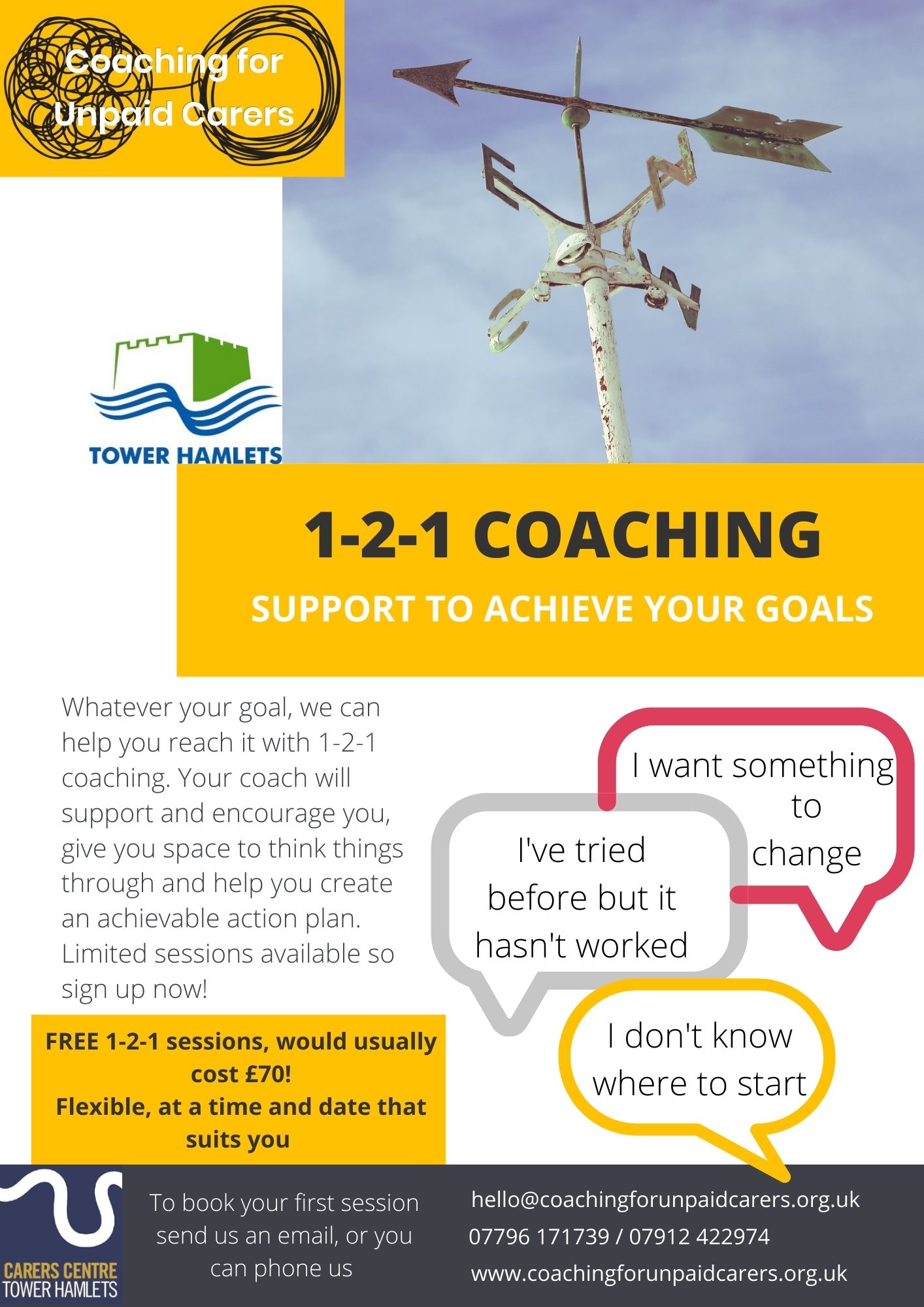
How about you join up for a Self-Care Workshop…
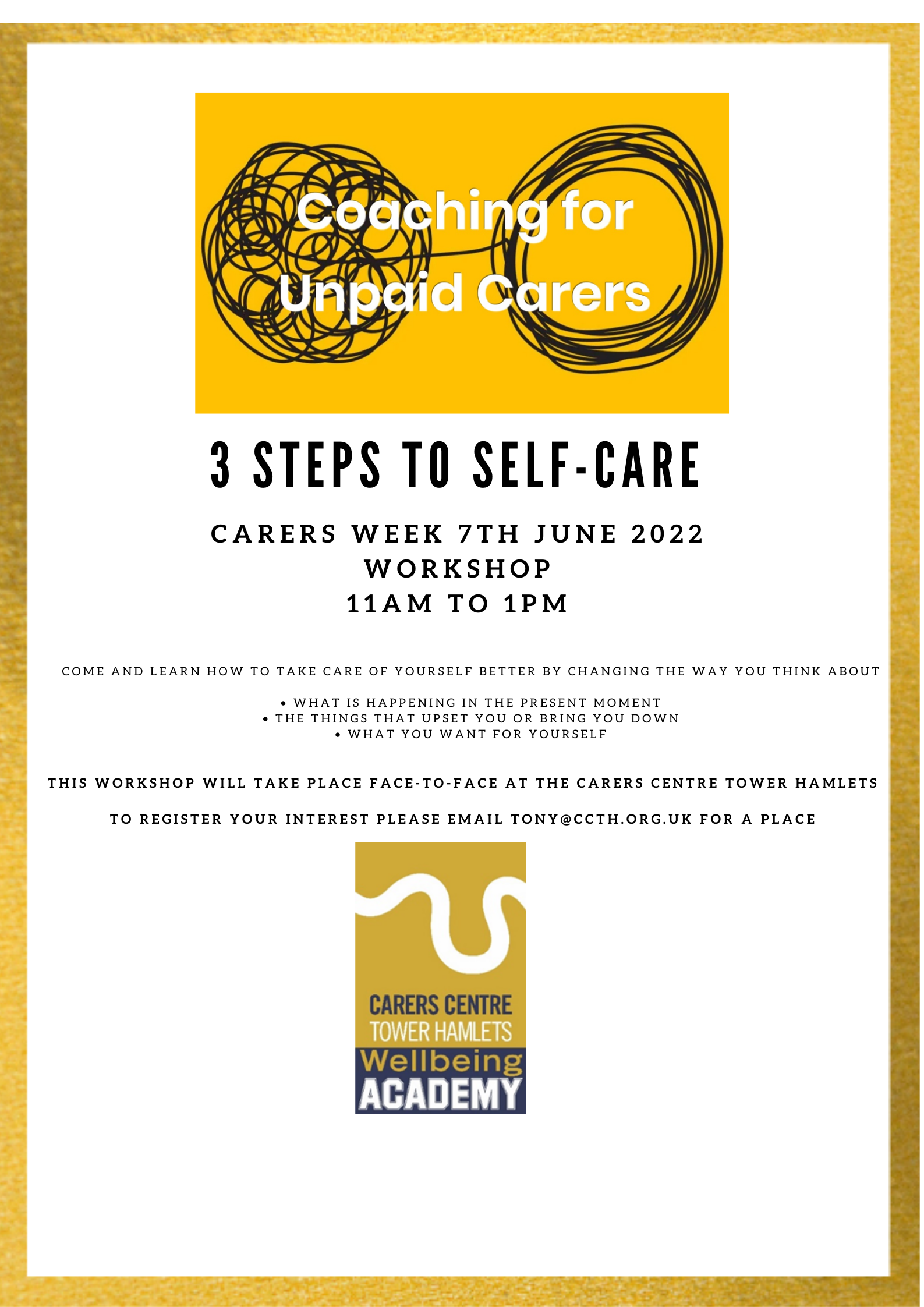
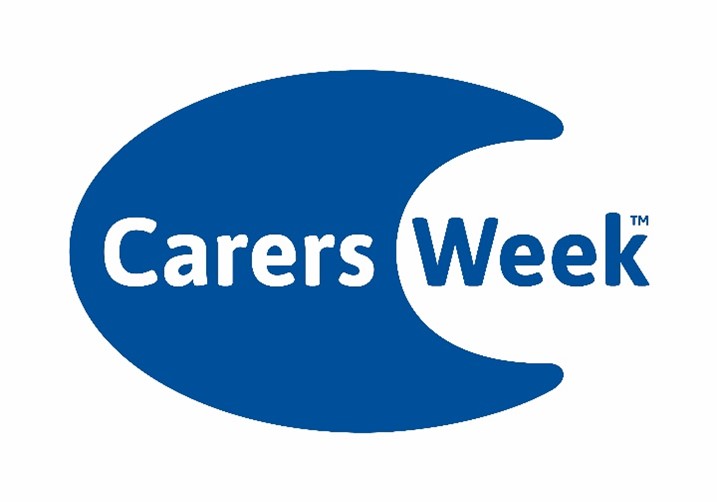
Carers Week is coming soon – June 6th to 12th 2022
The Carers Centre Tower Hamlets is excited that Carers Week is happening in June 6th to 12th.. We have developed a full timetable of activities incorporating this year’s theme Make caring visible, valued and supported.
| Time | Monday 6th | Tuesday 7th | Wednesday 8th | Thursday 9th | Friday 10th | Saturday 11th | Sunday 12th |
|
AM
|
Shared Reading Group 11.15 to 12.15 Pamper Day & Garden Party – First come, first served 10 to 3pm |
Coaching for Carers – 3 Steps to Self-care 11am to 1pm |
Peer support group with Ageing Well with Open University doing a talk for carers 11am to 1pm |
Day Trip to Kensington Palace 10 to 4pm |
Free day |
Community Festival 11.30 to 4.30 |
Community Festival 11.30 to 4 .30 |
|
PM
|
Safeguarding for carers – what carers should know 2 to 3pm
|
Yoga 2.30 to 4pm (@ LBC)
|
WeConnect Hub 2pm to 3.30pm |
Email tony@ccth.org.uk to reserve your place
Check out the https://ccth.org.uk/new/calendar/
Check out the monthly 2022 timetable, as this will let you know our weekly activities’ and then email tony@ccth.org.uk for a place.
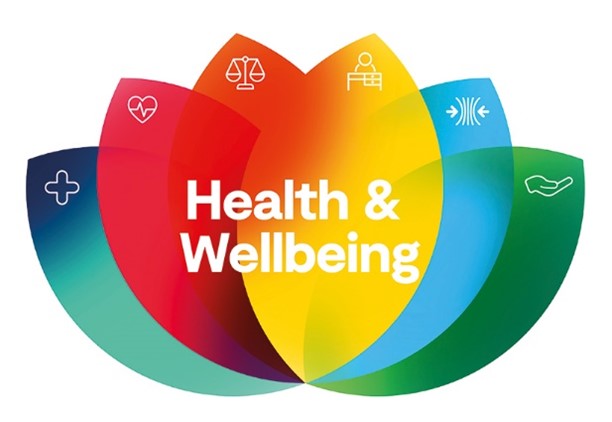
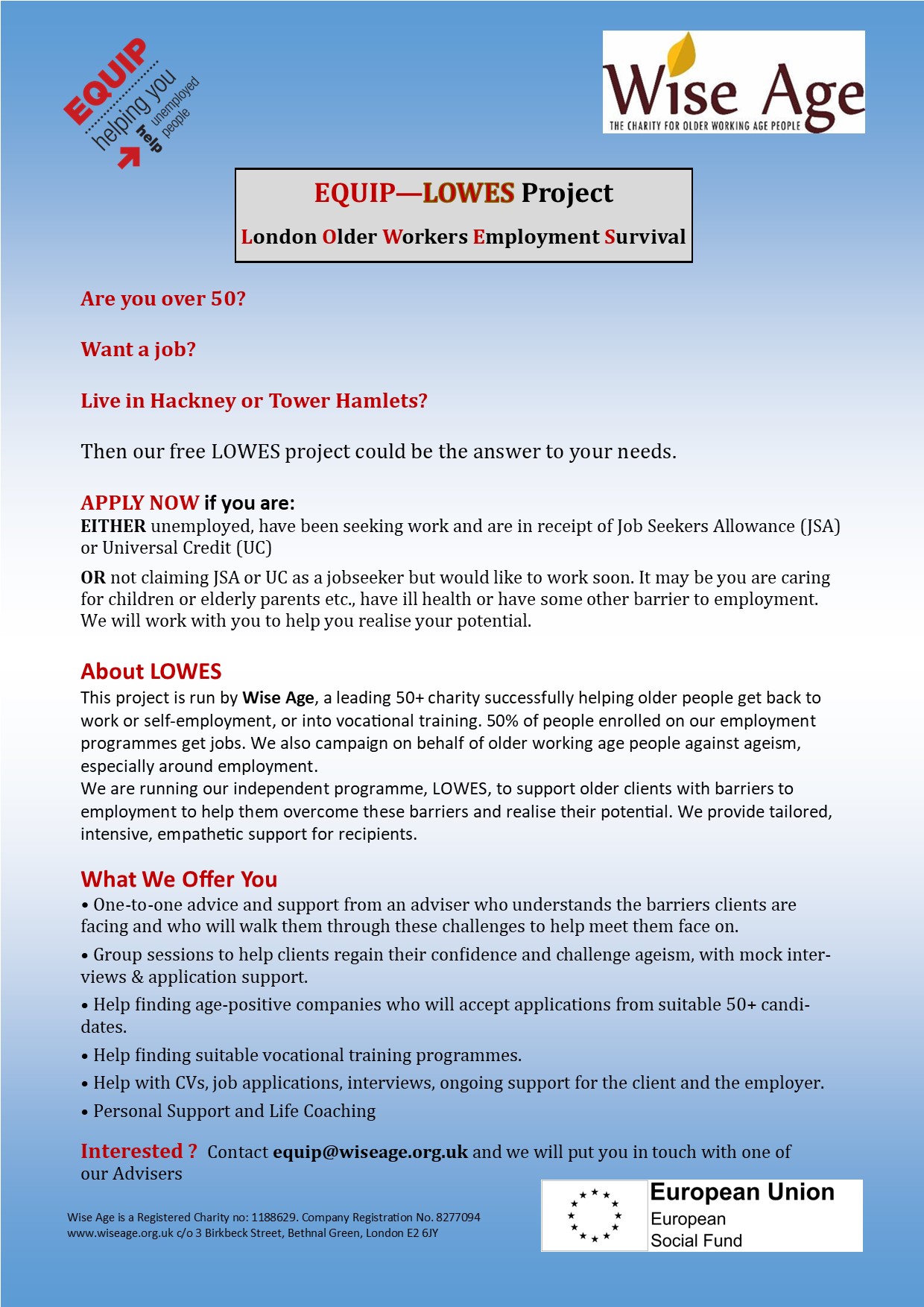

Check out a new free course that has just been launched that focuses on carer wellbeing. It is called ‘Physical activity for health and wellbeing in the caring role’ and has been kindly endorsed by the Carers Trust. The course is 6 hours in length and learners can achieve a ‘badge’ on completion of the end quiz, and this can be added on a CV to evidence their learning/continuous professional development. We hope that it will be helpful to those working with carers, including carer centre staff, those supporting carers less formally and importantly carers themselves!
A carers guide to home fire safety
A new video resource has been launched on the London Fire Brigade website to help carers learn how to keep people that receive care safe from fire.
Sadly, around one third of those here who die or are severely injured by fire are in receipt of some form of care or support. If you are a formal (domiciliary care worker, support worker or clinician) or informal carer (family member, friend or neighbour) and are caring for someone in their own home, this new resource will help you identify fire risks and show you what you can do to reduce them. There is also more information available on the website around fire safety and prevention.
Watch the video >

ELOP’s LGBT+ Groups
Join our fun, friendly and non-judgemental safe space to meet new people and discuss LGBT+ topics!
LGBT+ Over 50 Social Group
Every Monday 1.00 – 2.30pm, online
LGBT+ Social Support Group
Every Tuesday 7.00 – 8.30pm, online
Stonewall – https://www.stonewall.org.uk/
LONDON Friend – https://londonfriend.org.uk/
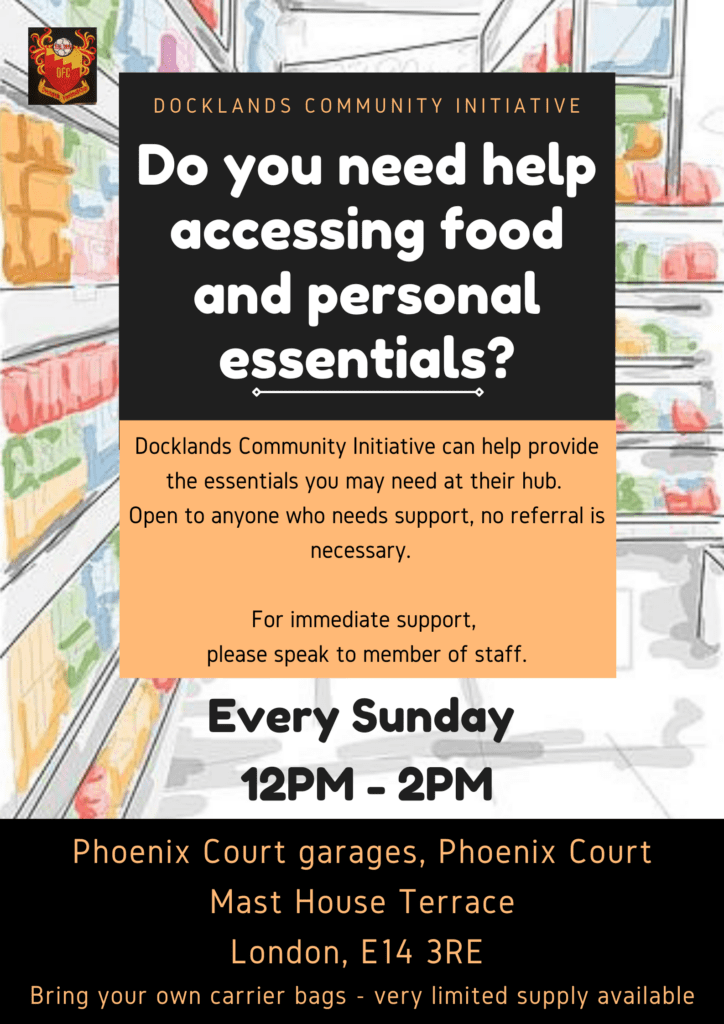
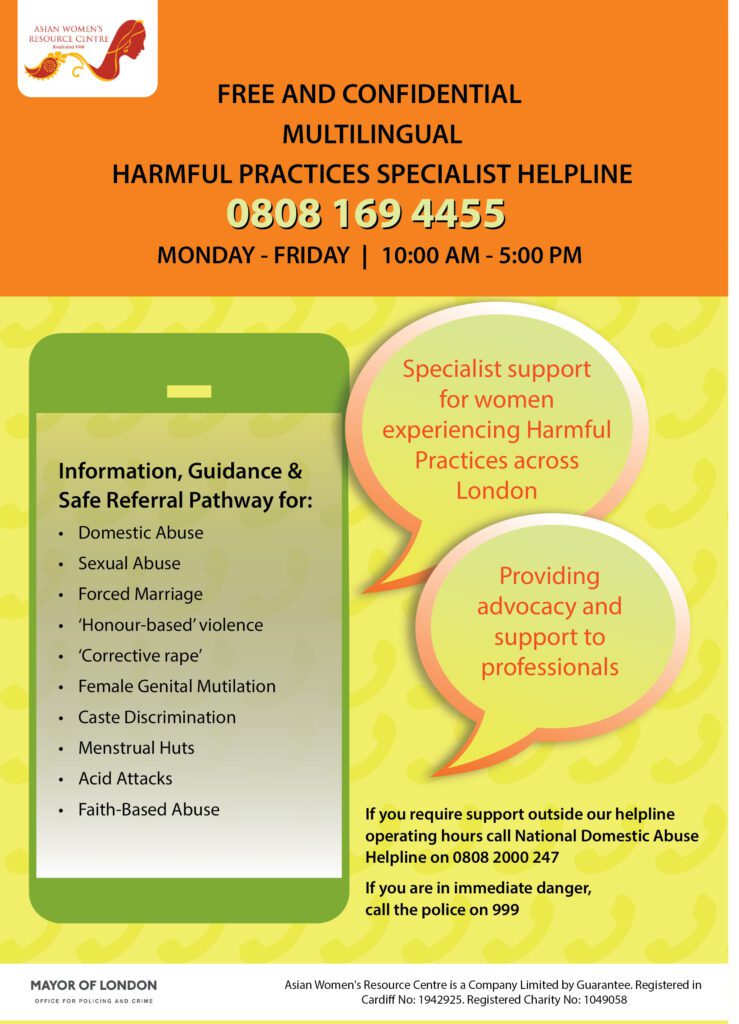
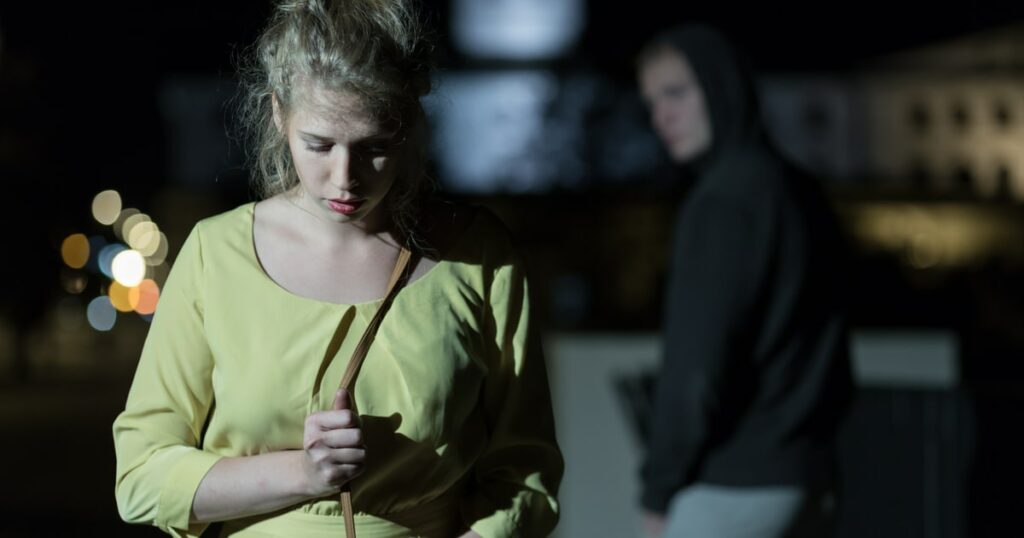
WALKING ALONE? REMEMBER THESE 10 TIPS
1) Plan Your Route
Make sure you plan your route ahead of time. If you are walking in an area you are not familiar with, this can help keep you from getting lost. You will be able to walk with confidence. If you do get lost, don’t wander aimlessly, find a gas station, supermarket, or fast-food restaurant where you can ask for directions.
2) Make Sure Someone Else Knows Your Plans
Don’t go out when it is dark without telling someone, even if you are just taking the dogs out for a walk around your neighbourhood or walking home from a friend’s house nearby. It may seem paranoid, but in fact, knowing someone knows where you are can be reassuring and help you feel safe. If you fall and hurt yourself or run into trouble, and someone knows where you are, they can send help if you don’t arrive at your destination on time.
3) Always Carry Your Phone with You
Always carry your phone, but not for music or to make social calls as your walk. Your phone can be a lifeline if you see something suspicious or worse if something happens to you. Download a safety app on your phone, so you’ll be able to discreetly alert the authorities if you feel threatened or see something suspicious.
4) Avoid Suspicious People and Areas
Areas that are dark, deserted, or out-of-the-way, such as an alley or a parking lot, can be riskier than a well-lit area full of people. Stick to busy, lighted paths, to minimize the risks. Also, walk mainly in familiar places where you are known. That way, if you feel like a suspicious person is following you, you can always duck into a store you know or knock on a neighbour’s door. Avoid empty streets and pathways with thick shrubbery.
5) Keep Your Hands Free
Except for a flashlight and one of the items discussed below, keep your hands free. If you are carrying anything, put it all in one bag or backpack. This will make it easier for you to react if you notice someone following you. In a dangerous situation, carrying too many bags can keep you from moving as quickly as you can if your hands are free or if you only have one bag.
6) Carry a Non-Violent Deterrent
In addition to a flashlight, carry a non-violent deterrent such as a whistle, mace, or pepper spray. A whistle will help you alert others and call them to aid you if something is wrong. The loud noise may put off attackers, and they’ll move on to find someone else. Mace or pepper spray can give you enough time to evade a potential attacker, and in a pinch, a flashlight can be used as a weapon. Make sure you know how to use the mace or pepper spray to get its full effect.
7) Wear Reflective Clothing to Prevent Accidents
When it comes to personal safety, it’s not just about suspicious people. Areas with low visibility can be prone to accidents. Reflective clothing allows bikers and cars to see you as you walk along. A flashlight or headlight can also help drivers see you if there are dark stretches of road on your route.
8) Take a Self-Defence Class
When fighting off something as an assault, the element of surprise can work in your favour. If you regularly walk alone, take a self-defence class. You don’t have to become a black belt. In fact, it’s probably better to learn something like Krav Maga, which has been popular for self-defence. The idea is to disable your attacker enough for you to get to safety, and a class focused on self-defence will help give you those survival skills.
9) Remove Any Distractions
Keep your phone in your hand in case you need to hit the panic button on your safety app, but don’t let it distract you. When walking alone at night for exercise, music can be motivating and energizing but also distracting. You may not hear someone driving or walking up behind you. Avoid wearing headphones or talking on your phone as you walk.
10) Trust Your Gut
When walking alone at night, trust your gut. If you feel like an area or situation may be dangerous, don’t wait around to find out. Stop and scan your surroundings if you think someone is following you. If you are being followed, walk as quickly as you can to a well-lit public place. You can wait until you feel safe, or call a friend, a taxi, or an Uber to help you get safely get home at night.
Following these personal safety tips will help keep you stay safe when walking alone. Always be aware of where you are and alert to suspicious activity.

Important Numbers:
Domestic Violence Duty Line: 020 7364 4986 between 9am – 5pm.Victim Support: 020 7364 2448/7957
Just wishing everyone a peaceful, safe and week and remember if you need information and advice from the Carers Centre just email enquiries@ccth.org.uk
Tony Collins-Moore
Carers Wellbeing Academy Manager

Opening hours
Monday - Friday – 9.30am – 5pm
Saturday and Sunday – Closed
